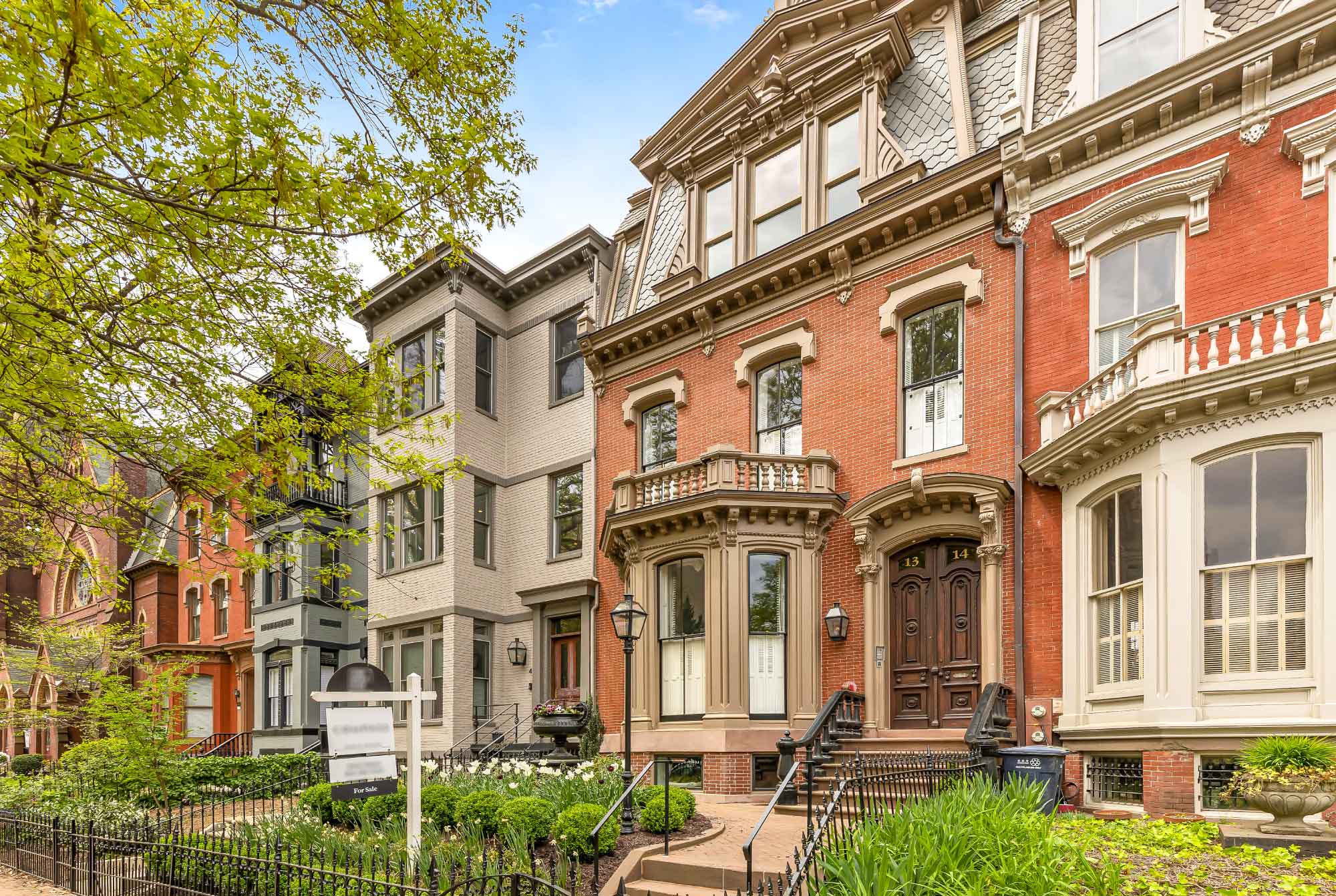Should You Buy A Home That Needs Work?
Have a thing for homes with character? We get it. The catch is, a number of properties that have the special historic allure you crave also need a little TLC to ensure they’re livable and up to modern standards. Traditionally, buyers who bid on these fixer-uppers also do so because they hope to get a larger ROI down the line due to any improvements they make. The downside? To get there could mean stress, work, and additional costs along the way, a tricky combination which certainly isn’t for everyone — especially the first-time buyer.
Wondering whether buying a home that needs work is the right path for you? Keep reading to find out!
Pros:
Lower Initial Cost: Understandably, homes that need work tend to be priced lower than move-in ready homes, potentially allowing you to buy in a neighborhood or purchase a size of home that might otherwise be out of reach.
Customization: Personalization is in, and buying a fixer-upper gives you the opportunity to customize and renovate the home according to your imagination, and lifestyle. Have a certain style of kitchen in mind? Your preference is served. Want to optimize the home’s outdoor space? The sky’s the limit.
Potential for Increased Value: By investing in renovations and improvements up front, you have the potential to increase the value of the property over time, a beneficial move if you plan to sell in the future.
Sweat Equity: Working towards something may be harder, but it’s undoubtedly more rewarding, too. For that reason, investing your own time and effort into renovating your home can result in a sense of accomplishment and pride like no other!
Opportunity for Investment: These types of properties can make for attractive investment opportunities, potentially giving you the chance to flip the home for a profit or rent it out for additional income.
Get more help on your homebuying journey with these posts next:
- Existing Home Vs. New Build: Which is Right For You
- Today’s Top Real Estate Scams–and How to Avoid Them!
- Your Guide to Buying and Selling During the School Year
Cons:
Cost of Renovations: Now for the downside: Renovations and repairs can be costly and time-consuming. Even if you think you can DIY it, you’ll still need to budget for materials and unforeseen expenses, which can add up faster than you anticipate or want.
Unforeseen Issues: Once you start renovating, there’s always a chance that you’ll uncover unexpected problems, such as structural issues, mold, or outdated electrical wiring, issues that can significantly increase your renovation costs and stall your timeline.
Stress and Hassle: Renovating a home can be stressful — especially if you plan to reside there during renovations. Between dealing with contractors, making design decisions, and living in a construction zone, your mental well-being is just as vulnerable as your wallet.
Delayed Move-In: Renovations often take longer than initially planned, which could delay your move-in date. This protraction can be inconvenient, particularly if you have a tight timeline or are currently renting another property.
Resale Challenges: While renovating a fixer-upper can enhance its value, there’s no guarantee that you’ll recoup all of your renovation costs when you sell. Not to mention that some buyers may be hesitant to purchase a home that’s undergone extensive renovations, preferring turn-key, move-in-ready properties instead.
The bottom line? Before deciding to purchase a fixer-upper, it’s essential to carefully weigh these pros and cons, and to consult a real estate agent who can arm you with the knowledge you need to guide you towards the move that’s right for you.
Looking to buy or sell a home? Get in touch with our team today to schedule your consultation today. Give us a call at 202.280.2060 or email us directly at jsmira@jennsmira.com.
Put Us To Work For You
Book a consultation with our team today.
